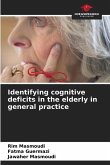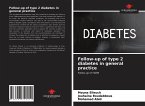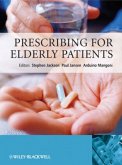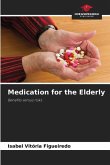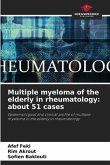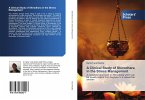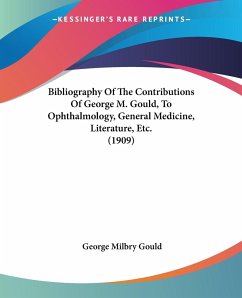The management of insomnia in the elderly must take account of the physiological changes associated with age, the greater frequency of co-morbidities and the use of multiple medications.The aim of this study was to evaluate the management of insomnia in elderly patients by general practitioners and compare it with international recommendations.This was a cross-sectional, descriptive study of 32 general practitioners in the Sfax region (Tunisia), using an online questionnaire.The most commonly used hypnotics were: benzodiazepines (BZD) 59.37% and antihistamines 59.37%. In 18.75% of cases, the duration of treatment was not in line with international recommendations. Long half-life BZDs were used in 37.48% of cases, with a dosage identical to that for adults in 34.4% of cases.The prescription of hypnotics for ADS patients is a logical step in care, following a precise diagnosis, taking into account co-morbidities and precautions for use. More training on this subject is needed for prescribing doctors.


